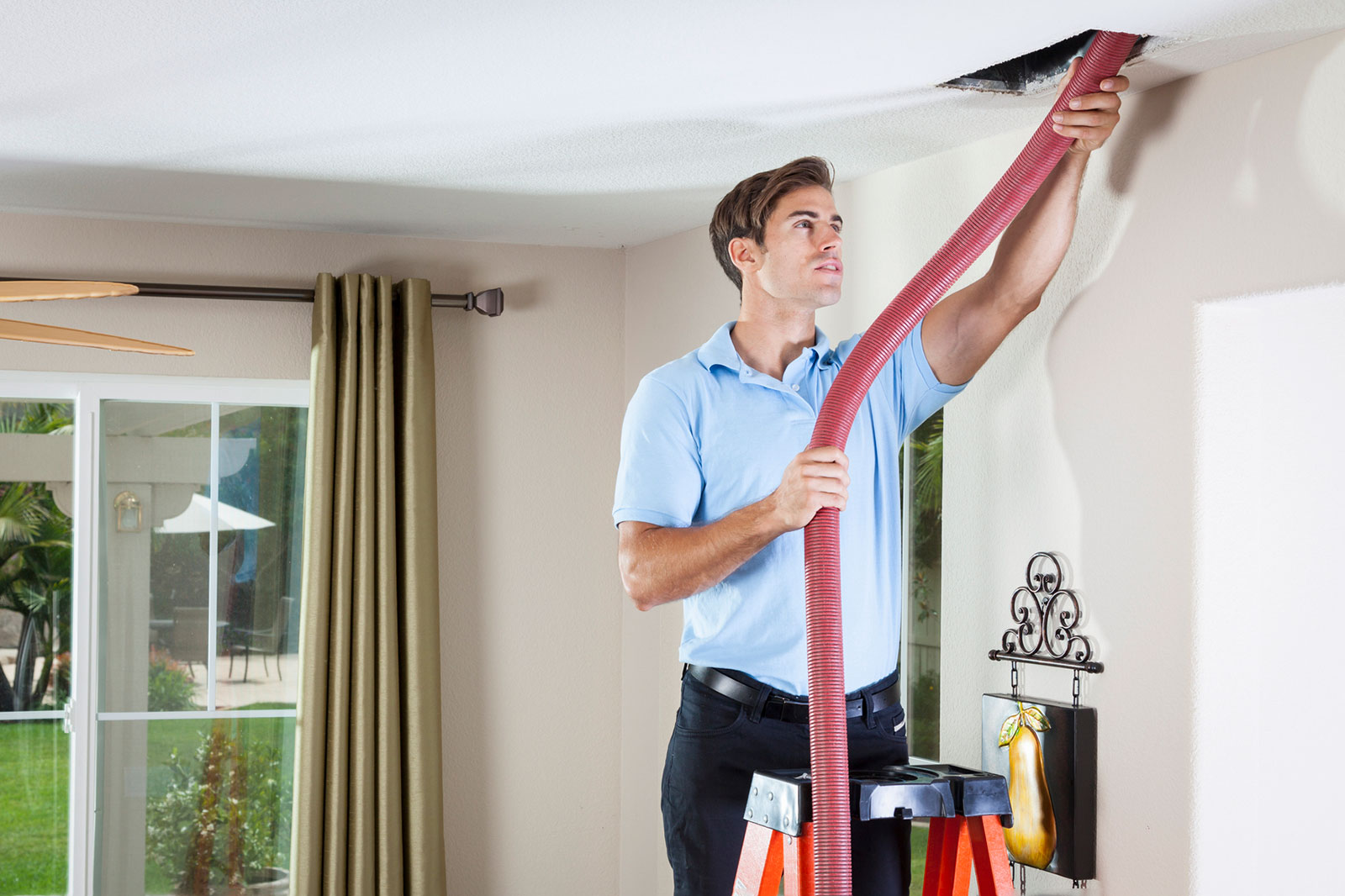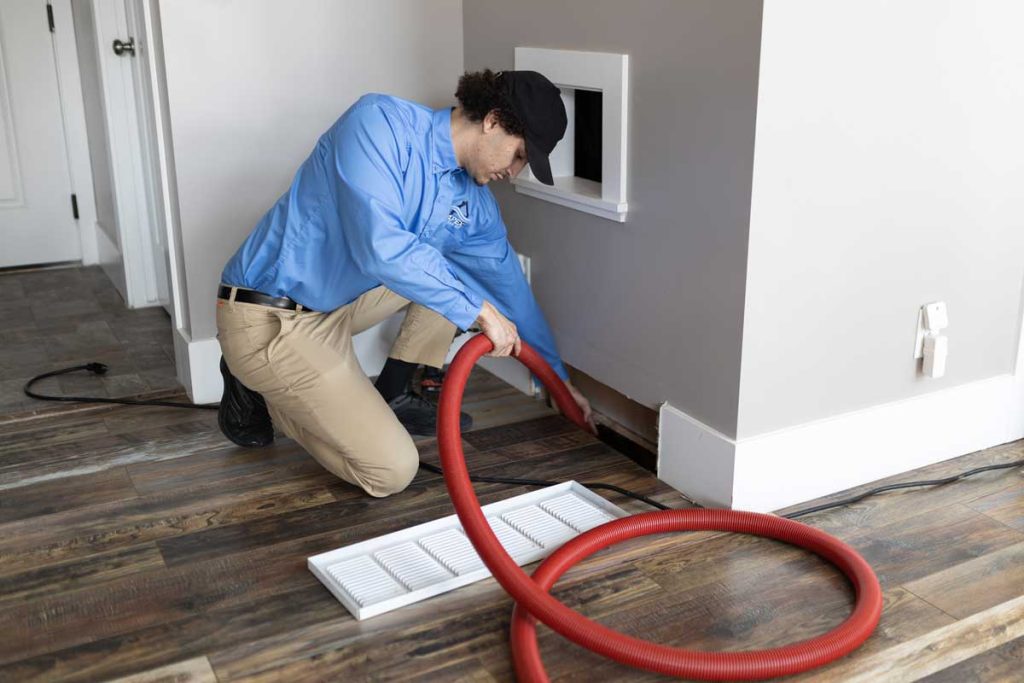When it comes to investing in an HVAC system for your home, the question on everyone’s mind is, how much does a residential HVAC system cost? A reliable and efficient HVAC system is essential for maintaining comfortable living conditions, irrespective of the season. With various factors at play, understanding the costs involved can empower homeowners to make informed decisions.
This article provides a comprehensive breakdown of the costs associated with residential HVAC systems, helping you navigate through installation, maintenance, and energy efficiency considerations.

Introduction
Importance of an HVAC System
Heating, Ventilation, and Air Conditioning (HVAC) systems are crucial for creating a comfortable indoor environment. They regulate temperature, improve air quality, and ensure that your home remains hospitable, regardless of external weather conditions.
Why Knowing Costs Matters
Understanding the costs associated with a residential HVAC system allows homeowners to budget effectively, make wise investments, and avoid unforeseen expenses. Knowledge of these costs fosters proactive planning and maintenance, which can significantly extend the lifespan of the system.

Factors Influencing HVAC System Costs
System Size and Capacity
The size and capacity of the HVAC system play a pivotal role in determining the overall cost. Larger homes require more powerful systems, which can lead to increased expenses.
Type of HVAC System
There are various types of HVAC systems available, each with different costs:
- Central Air Conditioning Systems
- Heat Pumps
- Ductless Mini-Split Systems
- Furnaces
Installation Costs
The installation process involves labor costs, ductwork, and additional components. Professional installation ensures that the system operates efficiently and safely. For more details on professional services, check out Residential Duct Cleaning.

Breakdown of Costs
Initial Purchase Price
The initial purchase price of an HVAC system varies based on brand, capacity, and type. Prices can range from $3,000 to $10,000, depending on these factors.
Installation Fees
Installation fees include labor, ductwork, and any necessary modifications to existing infrastructure. On average, installation costs can range from $1,500 to $5,000.
Maintenance and Repairs
Regular maintenance is essential for the longevity of the HVAC system. Annual maintenance costs range from $100 to $300. Unforeseen repairs can incur additional expenses.
Energy Efficiency and Operational Costs
A more efficient system can result in lower energy bills. Factors influencing operational costs include:
- SEER Rating
- Energy Source
- Usage Patterns

Long-Term Savings
Energy-Efficient Models
Investing in energy-efficient models can lead to significant savings on energy bills over time. Look for systems with high SEER ratings and ENERGY STAR certification.
Government Incentives and Rebates
Government programs and rebates can help offset the initial costs of installing a new HVAC system. Research available incentives in your area to take advantage of these savings.

Professional Installation vs. DIY
Benefits of Professional Installation
Professional installation ensures that the system is set up correctly, minimizing potential issues and maximizing efficiency. Expert technicians can address any unique challenges posed by your homes layout.
Risks of DIY Installation
Attempting to install an HVAC system without professional help can lead to mistakes, safety hazards, and voided warranties. The complexity of HVAC installations makes professional involvement crucial.
Maintenance Tips for Longevity
Regular Inspections
Schedule regular inspections to identify and address any issues promptly. Regular check-ups help maintain the systems efficiency and avoid costly repairs.
Seasonal Maintenance
Perform seasonal maintenance, such as cleaning filters and inspecting ducts. This ensures the system operates smoothly throughout the year. For detailed maintenance guidance, refer to Air Duct Cleaning Costs.
Choosing the Right HVAC System
Assessing Your Home’s Needs
Evaluate the specific heating and cooling needs of your home. Consider factors like square footage, local climate, and any existing ductwork.
Consulting with Experts
Seek advice from HVAC professionals who can provide tailored recommendations based on your homes unique requirements. Consulting experts ensures you choose the most suitable system.
Common Myths About HVAC Costs
Myth: Higher Price Equals Better Quality
While price and quality are correlated, the most expensive option isnt always the best. Research and compare different models to find the right balance of quality and cost.
Myth: DIY is Cheaper than Professional Installation
Though DIY might seem cost-effective initially, professional installation prevents costly mistakes and ensures optimal system performance. The long-term benefits often outweigh the initial savings of DIY.
FAQ Section
What factors most influence HVAC costs?
Key factors include system size, type, installation costs, and energy efficiency ratings.
Are there ways to save on HVAC installation?
Yes, look for government rebates, seasonal discounts, and energy-efficient models to save on installation costs.
Is professional maintenance necessary?
Professional maintenance is crucial for ensuring the system operates efficiently, prolonging its lifespan, and preventing costly repairs.
Conclusion
In summary, understanding how much does a residential HVAC system cost is vital for making informed decisions about your homes comfort and energy efficiency. The costs vary based on several factors, including system type, installation, and maintenance. By investing wisely and maintaining your system properly, you can enjoy a comfortable living environment and long-term savings. For more information on professional HVAC services, visit our Residential Duct Cleaning page.